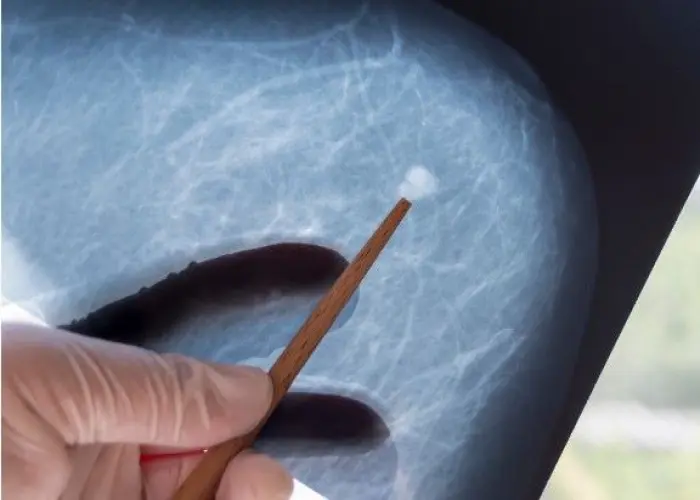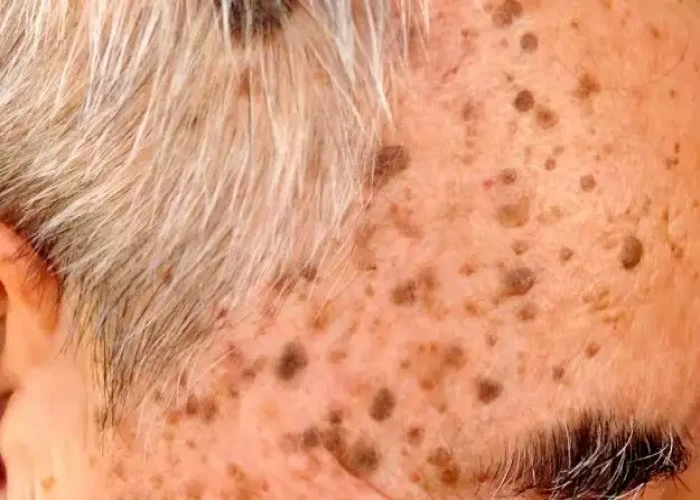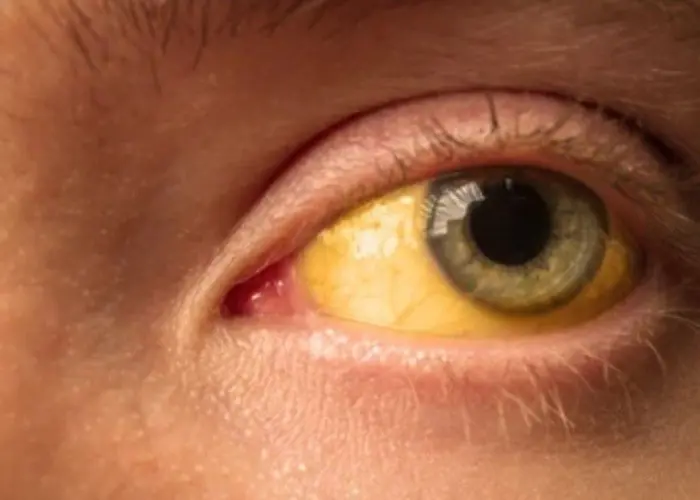 Welcome
Welcome
“May all be happy, may all be healed, may all be at peace and may no one ever suffer."
Tonsil cancer

Tonsil cancer is a type of head and neck cancer that affects the tonsils, which are located at the back of the throat. It is most commonly caused by squamous cell carcinoma, a type of cancer that develops in the cells that line the surface of the tonsils.
The most common risk factors for tonsil cancer include smoking and using other tobacco products, excessive alcohol consumption, and infection with the human papillomavirus (HPV). HPV is a sexually transmitted virus that can cause changes in the cells of the tonsils that can lead to cancer.
Symptoms of tonsil cancer may include:
- A sore on the back of the throat that does not heal
- A lump on one or both sides of the neck
- Pain or difficulty swallowing
- Ear pain
- Voice changes or hoarseness
- Chronic sore throat
- Blood in saliva or phlegm
If you experience any of these symptoms, it is important to consult a doctor or an ear, nose, and throat (ENT) specialist. A diagnosis of tonsil cancer is typically made through a physical exam, a biopsy of the affected area, and imaging tests such as CT scans or MRI.
Treatment for tonsil cancer may include surgery, radiation therapy, chemotherapy, or a combination of these treatments. The specific treatment plan will depend on the stage of the cancer, the location of the tumor, and the patient's overall health. It is important to seek prompt medical attention if you suspect you may have tonsil cancer, as early detection and treatment can improve the chances of a successful outcome.
Research Papers
Disease Signs and Symptoms
- Difficulty swallowing (dysphagia)
- Throat pain
- Swollen (Edema)
- Swollen neck
- Jaw stiffness
- A sensation that something is caught in the back of the throat
Disease Causes
Tonsil cancer
Tonsil cancer forms when healthy cells in the tonsils develop changes in their DNA. A cell's DNA contains the instructions that tell a cell what to do. The changes tell the cells to grow out of control and to continue living when healthy cells would normally die. The accumulating cells form a tumor that can grow beyond the tonsils and spread to other areas of the body.
It's not clear what causes tonsil cancer, but doctors are finding that human papillomavirus (HPV) is increasingly playing a role. This common sexually transmitted infection is detected in most tonsil cancers in the United States. Tonsil cancer caused by HPV tends to occur at a younger age and is more likely to respond well to available treatments.
Disease Prevents
Tonsil cancer
To reduce your risk of tonsil cancer:
- Don't use tobacco. If you don't use tobacco, don't start. If you currently use tobacco of any kind, talk with your doctor about strategies to help you quit.
- Limit alcohol if you choose to drink. If you choose to drink alcohol, do so in moderation. For healthy adults, that means up to one drink a day for women and up to two drinks a day for men.
- Get regular dental care. During your appointment, your dentist will check your mouth for signs of cancer and precancerous changes.
- Consider the HPV vaccine. Receiving a vaccination to prevent HPV infection may reduce your risk of HPV-related cancers, such as tonsil cancer. Ask your doctor whether an HPV vaccine is appropriate for you.
Disease Treatments
Which tonsil cancer treatments are best for you will depend on the size, stage and HPV status of your cancer, as well as your overall health and your preferences. Tonsil cancer treatment options may include surgery, radiation therapy, or a combination of chemotherapy and radiation therapy.
Researchers are studying whether people with HPV-related tonsil cancer can be treated with lower doses of radiation and chemotherapy. This less intense treatment causes fewer side effects and, in early studies, seems to be as effective as higher doses. If your tonsil cancer is found to be HPV-related, you and your doctor might consider a clinical trial studying less intense treatments.
Surgery
The goal of surgery for tonsil cancer is to remove as much of the cancer as possible. Surgery can be used to treat all stages of tonsil cancer.
Surgery is most often done through the mouth (transoral surgery). Surgeons pass specialized tools through the mouth to access the cancer and remove it with cutting tools or lasers.
In certain situations, it may be necessary to make a large incision in the neck to remove larger cancers and cancers that have spread to the lymph nodes. Reconstructive surgery and rehabilitation may be needed to restore your ability to eat, speak and swallow.
Radiation therapy
Radiation therapy uses high-powered beams of energy, such as X-rays or protons, to kill cancer cells.
Radiation therapy might be used alone to treat small cancers that haven't grown beyond the tonsil. Sometimes radiation therapy is used after surgery if the cancer can't be removed completely or if there's a risk that the cancer may have spread to the lymph nodes.
Radiation can also be combined with chemotherapy as an initial treatment or as an additional treatment after surgery. The chemotherapy makes the cancer cells more vulnerable to the radiation and may increase the effectiveness.
Chemotherapy
Chemotherapy uses drugs to kill cancer cells. For tonsil cancer, chemotherapy is usually combined with radiation therapy. It can also be used alone to slow the growth of tonsil cancer that has recurred or has spread to other areas of the body.
Rehabilitative services
Rehabilitation specialists in speech therapy, swallowing therapy, dietetics, physical therapy and occupational therapy help with rehabilitation that may be necessary after surgery or radiation therapy.
Disease Diagnoses
Disease Allopathic Generics
Disease Ayurvedic Generics
Disease Homeopathic Generics
Disease yoga
Tonsil cancer and Learn More about Diseases

Fibrous dysplasia

Dislocated elbow

Pseudobulbar affect

Salivary gland tumors

Seborrheic keratosis

Mosquito bites

Cirrhosis

Seizures
tonsil cancer, টনসিল ক্যান্সার
To be happy, beautiful, healthy, wealthy, hale and long-lived stay with DM3S.
